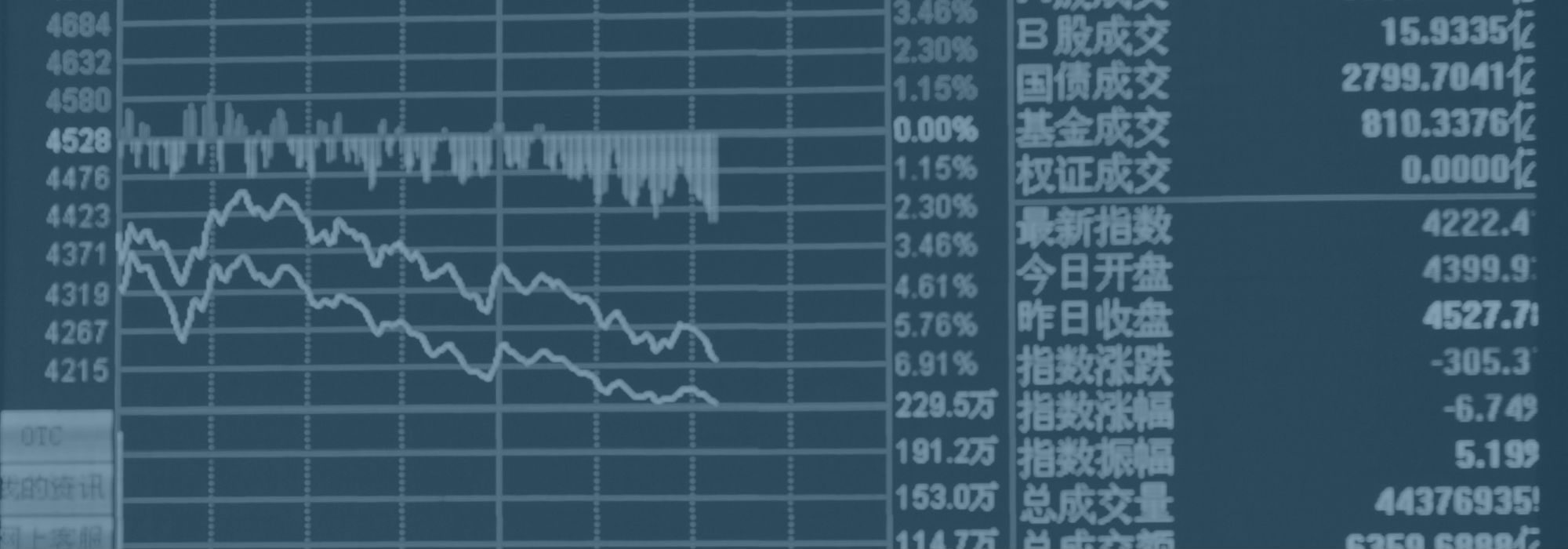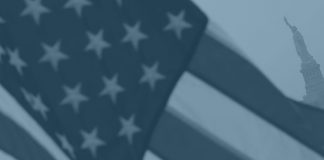By George Friedman
Chinese foreign exchange reserves declined again in January, continuing the contraction that began in 2015. The January decrease was reported at $99.5 billion. Bloomberg is also reporting that capital outflows from China were $158.7 billion in December and over $1 trillion for the entire year of 2015, which was seven times higher than outflows in 2014. The yuan has fallen and the People’s Bank of China (PBOC) is now battling to maintain it. Finally, and this is anecdotal but certainly true, layoffs from factories are become a visible issue. Chinese workers’ annual pilgrimages home for the New Year holidays started early for many people, so that businesses could close early and save money. Later reports indicated that many people were taking a one-way trip home because they had been laid off from their jobs.
All these facts are significant. A roughly $100 billion decline in reserves in one month is a threat to China, even with $3.23 trillion still in reserves. If the decline continues at this rate and does not accelerate, it would mean $1.3 trillion – more than a third of current reserves – lost over the next year. The problem is that given the status of the yuan, the Chinese will have to use dollars in hand to maintain the economy. There is no indicator that the loss of reserves will slow down, in which case it is remarkable how quickly a trillion dollars can disappear. The yuan is under intense pressure on global markets, and the PBOC is spending dollars to buy yuan. The Chinese hope to stanch the flow, but to stanch the flow they must first increase it. And that process will not end easily. Confidence in the yuan is deservedly low. The market is trying to re-price the yuan, which creates long-term threats to reserves. The PBOC is trying to stop that process by buying yuan using reserve dollars. It is hard to see this strategy succeed in preserving reserves.
It is not only the outflow of reserves that is disturbing, but the capital outflows. The reversal we are seeing is a reversal in the dynamic China has used since the beginning of the contemporary boom, where it used inflows of capital to fuel the economy. Now capital is leaving the country and a great deal of it is Chinese capital flight. Just as the Japanese purchased Pebble Beach golf course in California and Rockefeller Center in New York to get cash out of their domestic economy before it crashed, the Chinese are similarly trying to get money out of the country. Many Chinese are snapping up apartments around the Pacific Rim at unfavorable prices. The goal is to get out of China before even more stringent controls are placed on the movement of capital. In fact, the government’s anti-corruption campaign is linked to this. It is reasonable to assume that much of the money leaving China was in some way once state money, laundered and shipped out of China. If so, then the crackdown on corruption is a fight for the lifeblood of China – capital.
The outflow of money represents, obviously, a lack of confidence in China. Those with capital – all sorts of companies and individuals – have the ability to move capital, but the most disturbing news concerns increases in unemployment. First, the unemployed usually have fewer options and over time, if they don’t find new jobs, they become both bitter and desperate, not something conducive to political stability.
But there is a second dimension to consider. China has had a historic commitment to maintaining full employment, not munificent wages, but employment. The Chinese understood that unemployment, particularly along the coast, would lead to unrest and destabilization. The Communist Party was founded on that unemployment. Much of today’s problem was built around the struggle against unemployment, which required that businesses stay in business. The means for that was lending unprofitable businesses money as public policy so they didn’t close their doors. That led to inflation, which harmed Chinese exports and created an irrational economy.
Having committed so much to full employment, we are now seeing that policy fail. Unemployment is clearly rising, and while data is scarce and unreliable, the anecdotal evidence is overwhelming. China has twisted its economy out of shape, but has lost the battle anyway. The Chinese now live in the worst of all situations. They have an unsustainable economy and unemployment. Money is fleeing from the country and the reserves suddenly seem less impressive than they once were.
In my view, we are past the question of whether the Chinese will have a hard landing or soft landing. The Chinese have landed. And the reality they live in includes a yuan no longer under their control, shrinking reserves, capital flight and growing – perhaps even surging – unemployment. This is no longer an economic problem. It is now a political problem, where the issue is not how to avoid a crisis, but how to live with the new normal. They passed the point of no return when the reserves had to be used to protect the yuan and buy essential goods. And even that didn’t control unemployment.
The problem is now political – how does China control the forces that were unleashed? One force is corruption, which is now a significant part of capital outflow. The other major force is the workers who have gone back to their homes in villages where the median income may be $1,000 to $2,000 a year. The workers’ knowledge of what has been lost and unlikely to be regained in their lifetime is what the government must confront now. The government does not have the money to pacify hundreds of millions of people living in poverty already. It must therefore control them. Imposing controls on China is not easy. It is vast, and in bad economic times, fractious. Mao Zedong used an interesting strategy to control the peasants. The Great Proletarian Cultural Revolution was essentially placating the peasants by letting them loot the country, take from the urban middle class (such as it was) and thereby protect Mao and Maoism by turning them on the rest of the bureaucracy.
It seemed crazy, and it was, but it worked. It is interesting that in the midst of a massive purge, President Xi Jinping is now turning to variations on Maoism to maintain the regime. How can he cope with the unemployed? One way is by suppressing them, a very difficult task. Or he can do what Mao did and mobilize the unemployed and turn them against the elite or near elite. In other words, if the unemployed and peasants are going to revolt anyway, adopt the revolution as your own.
If Xi can’t stop the new economic reality, he can’t suppress the unrest. And if he can’t or won’t use a Maoist revolution from within, then the outlook for the regime and for most of China is bleak. The coast will always be able to do business with Walmart given falling wages provided by unemployment, but the coast is only one part of China. I would remind our readers that between 1850 and 1947 regionalism and internal conflict was the norm in China. The unified nation is fairly recent, and Mao used revolution to protect his vision. Given that history, we are no longer asking about the Chinese economy. It is now all about Chinese politics.






 Special Collection – The Middle East
Special Collection – The Middle East